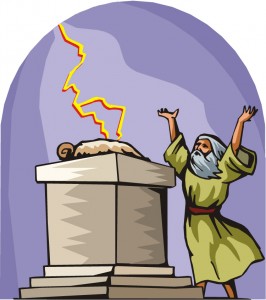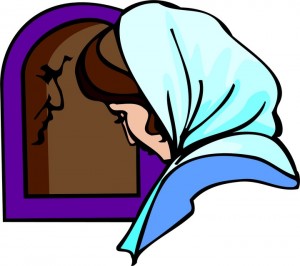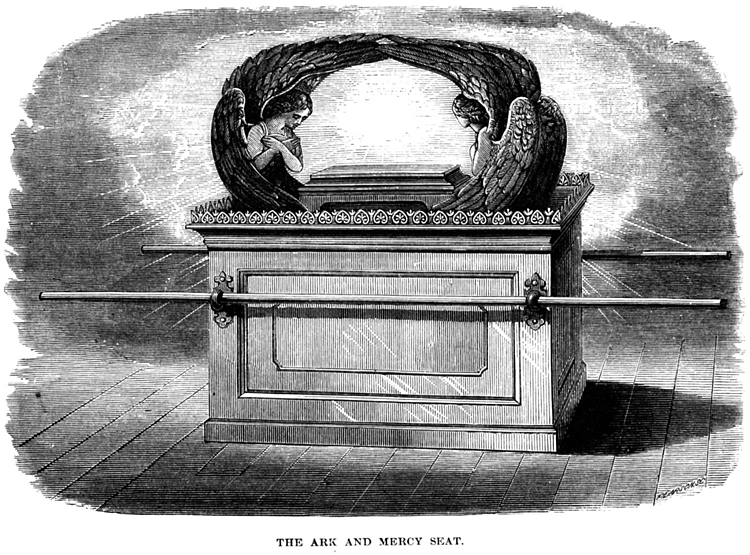 Acceptance of homosexuality is rising across the broad spectrum of American Christianity, including among members of churches that strongly oppose homosexual relationships as sinful, according to an extensive Pew Research Center survey of U.S. religious beliefs and practices.
Acceptance of homosexuality is rising across the broad spectrum of American Christianity, including among members of churches that strongly oppose homosexual relationships as sinful, according to an extensive Pew Research Center survey of U.S. religious beliefs and practices.
Amid a changing religious landscape that has seen a declining percentage of Americans who identify as Christian, a majority of U.S. Christians (54%) now say that homosexuality should be accepted, rather than discouraged, by society. While this is still considerably lower than the shares of religiously unaffiliated people (83%) and members of non-Christian faiths (76%) who say the same, the Christian figure has increased by 10 percentage points since we conducted a similar study in 2007. It reflects a growing acceptance of homosexuality among all Americans – from 50% to 62% – during the same period.
Among Christians, this trend is driven partly by younger church members, who are generally more accepting of homosexualitythan their elder counterparts. For example, roughly half (51%) of evangelical Protestants in the Millennial generation (born between 1981 and 1996) say homosexuality should be accepted by society, compared with a third of evangelical Baby Boomers and a fifth of evangelicals in the Silent generation. Generational differences with similar patterns also are evident among Catholics, mainline Protestants and members of the historically black Protestant tradition.
At the same time, however, a larger segment of older adults in some Christian traditions have become accepting of homosexuality in recent years, helping to drive the broader trend. For instance, 32% of evangelical Protestant Baby Boomers now say homosexuality should be accepted, up from 25% in 2007.
Regardless of age, seven-in-ten Catholics – whose church teaches that homosexual behavior is “intrinsically disordered” – say that homosexuality should be accepted by society, a 12-percentage-point increase since 2007. Similar jumps have occurred among mainline Protestants (from 56% to 66%), Orthodox Christians (from 48% to 62%) and members of the historically black Protestant tradition (from 39% to 51%).
Most Mormons and evangelical Protestants still say homosexuality should be discouraged by society – in line with the teachings of many of their churches – but 36% of both groups say it should be accepted. Among Mormons, there was a 12-point increase (from 24% to 36%) in acceptance since 2007, and among evangelicals there was a 10-point rise (from 26% to 36%). Jehovah’s Witnesses remain perhaps the most opposed of any U.S religious tradition toward homosexuality, with just 16% saying it should be accepted by society.
The trend of growing acceptance is evident across many specific Protestant denominations, including some conservative denominations with official teachings that remain strongly opposed to same-sex marriage. For example, among members of the Lutheran Church-Missouri Synod, the share saying homosexuality should be accepted by society grew by 12 points (from 44% to 56%) between 2007 and 2014. And although Pentecostals who identify with the Assemblies of God remain largely opposed to homosexuality, 26% now say it should be accepted by society, up from 16% in 2007.

Among members of the Southern Baptist Convention – an evangelical church and the nation’s largest Protestant denomination – the share saying homosexuality should be accepted increased 7 points, from 23% to 30%.
Members of several mainline churches – some of which have officially embraced same-sex marriage – have become even more accepting of homosexuality in recent years. For instance, 73% of members of the Evangelical Lutheran Church in America now say it should be accepted by society, up from 56% in 2007. Members of the United Methodist Church, the Episcopal Church, the Presbyterian Church (U.S.A.) and the United Church of Christ also have become more accepting toward homosexuality.









